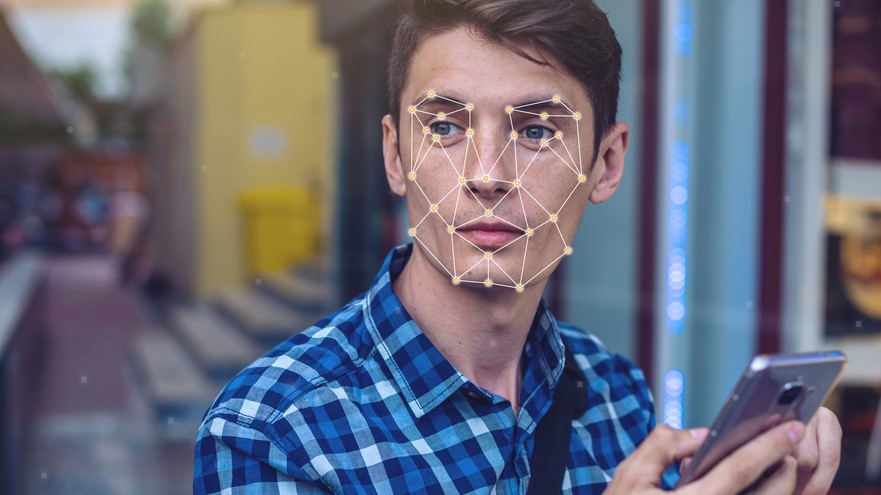EU calls for five year ban on facial recognition
Leaked white paper suggests placing obligations on both developers and users of facial recognition

A leaked draft of a white paper has revealed that the European Commission is considering a temporary ban on the use of facial recognition technologies in public areas for up to five years.
A temporary ban would give regulators the time they need to figure out how to prevent facial recognition from being abused by both governments and businesses. However, exceptions to the ban could be made for security projects as well as for research and development.
The European Commission laid out its plans in a draft of an 18-page white paper, obtained by EURACTIV, though the completed version is slated to be published in February.
- Amazon offers suggestions on facial recognition guidance
- Intel rolling out facial recognition tech at Tokyo 2020 Olympics
- San Francisco has banned police from using facial recognition
The white paper proposes imposing obligations on both the developers and users of facial recognition while also calling on EU countries to create an authority to monitor the new rules surrounding this controversial technology.
Temporary ban on facial recognition
The ban will last between three and five years and while it is in place, “a sound methodology for assessing the impacts of this technology and possible risk management measures could be identified and developed”.
The white paper also features five regulatory options for AI across the EU which include voluntary labeling, sectorial requirements for public administration and facial recognition, mandatory risk-based requirements for high-risk applications, safety and liability and governance.
Facial recognition has a high potential for misuse which is why the European Commission's plan to impose a temporary ban while it weighs all the options makes a great deal of sense.
Are you a pro? Subscribe to our newsletter
Sign up to the TechRadar Pro newsletter to get all the top news, opinion, features and guidance your business needs to succeed!
Last year San Francisco outright banned the use of the technology by police while China has taken the complete opposite approach by requiring the country's mobile carriers to scan the faces of all new mobile users using facial recognition software.
- Also check out our complete list of the best VPN services
Via The BBC
After working with the TechRadar Pro team for the last several years, Anthony is now the security and networking editor at Tom’s Guide where he covers everything from data breaches and ransomware gangs to the best way to cover your whole home or business with Wi-Fi. When not writing, you can find him tinkering with PCs and game consoles, managing cables and upgrading his smart home.
